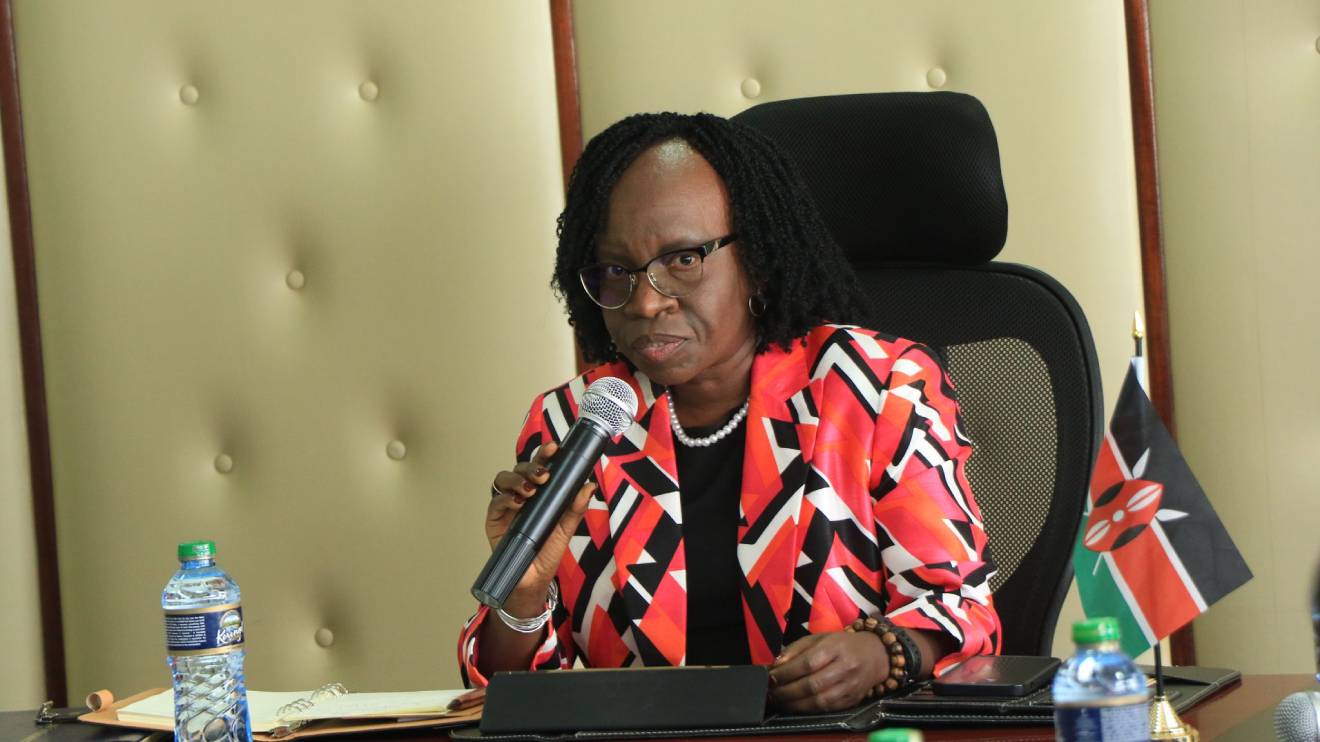Auditor General Nancy Gathungu's latest audit report reveals that Kenya’s Land Settlement Fund spent a stattering Sh1.6 billion with no Kenyans resettled.
Gathungu’s report delivers a scathing assessment of the fund, which was established in 2012 to address the country’s long-standing landlessness crisis.
Despite the heavy expenditure, parcels acquired years ago remain untouched, leaving countless internally displaced persons (IDPs), squatters, and landless families in limbo.
Gathungu highlighted that four prime parcels — among them the Kisima Njoro property in Nakuru, purchased for Sh396.9 million in 2012 to resettle victims of the 2007–08 post-election violence — remain idle twelve years later.
“At the time of audit in November 2024, the land had not been surveyed or subdivided, and the beneficiaries had not been settled 12 years after the purchase of the land,” Gathungu said.
Read More
The audit also identified Mikanjuni Farm in Kilifi, acquired in 2020 for Sh377 million, which sits idle despite a prepared list of intended beneficiaries. Nearby, the Mazrui Farm, bought for Sh445.4 million in 2022, remains only partially distributed.
Meanwhile, in Mombasa, the Kadza Ndani plot — purchased for Sh378 million in 2020 — still awaits the informal settlers it was intended to accommodate.
“In the circumstances, the objective for which the parcels were acquired and value for money had not been achieved,” Gathungu stated, underscoring the depth of the fund’s failure.
Beyond the abandoned land, Gathungu expressed concern over persistent mismanagement within the fund. She observed that prior audit recommendations had gone unheeded, allowing the same problems to fester year after year without any accountability.
“The issues still remained unresolved and management did not provide explanation for the failure to implement recommendations,” the report reads.
Worryingly, the fund lacks any formal, approved mechanisms to assess, rank, and address operational, legal, or financial risks, leaving billions vulnerable to further mismanagement.
The audit also uncovered that the fund is weighed down by historical debts, with Sh6.6 billion in loans dating as far back as 1962 still unrecovered.
Alarmingly, interest on these debts has ballooned by an additional Sh5 billion, and there is no system in place to manage or track these outstanding amounts.
“Management did not have a clear policy on evaluation and management of accounts receivable, which could be used to determine the recoverability of the outstanding loans,” the auditor general said.
Furthermore, the fund has made no provision for bad debts, raising red flags about its financial stewardship.
The report paints a grim picture of an institution whose mandate — to resettle the landless and bring justice to displaced families — remains unfulfilled, leaving thousands waiting in uncertainty even as public funds continue to flow.












